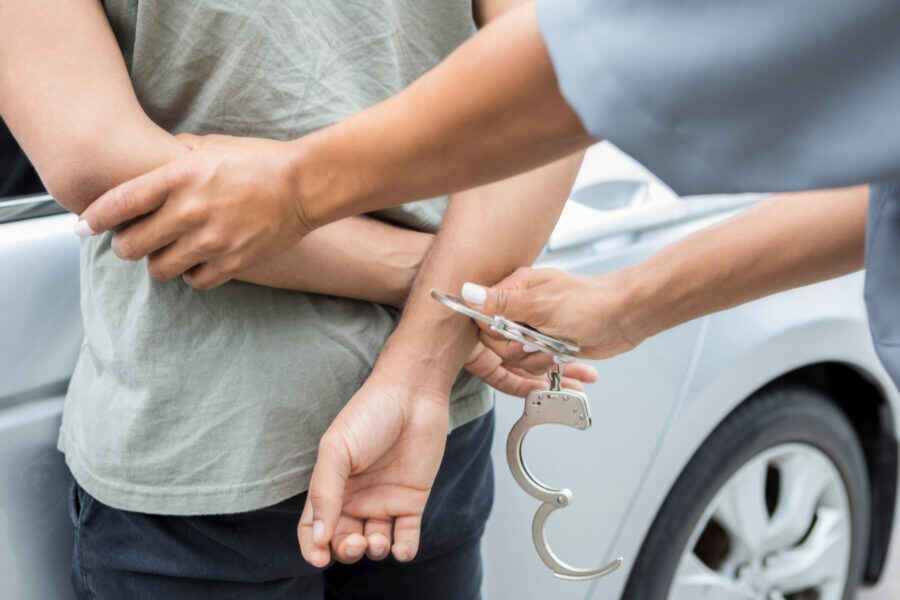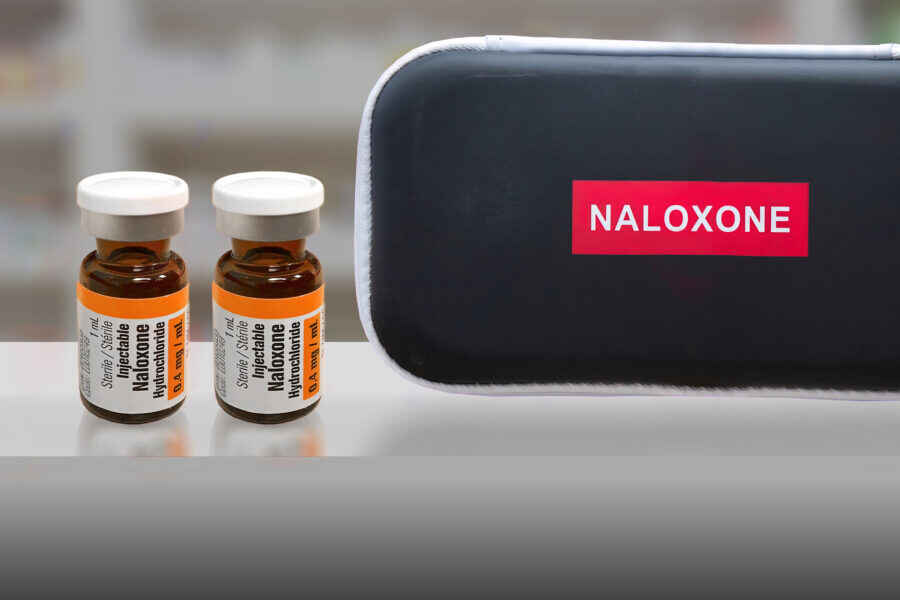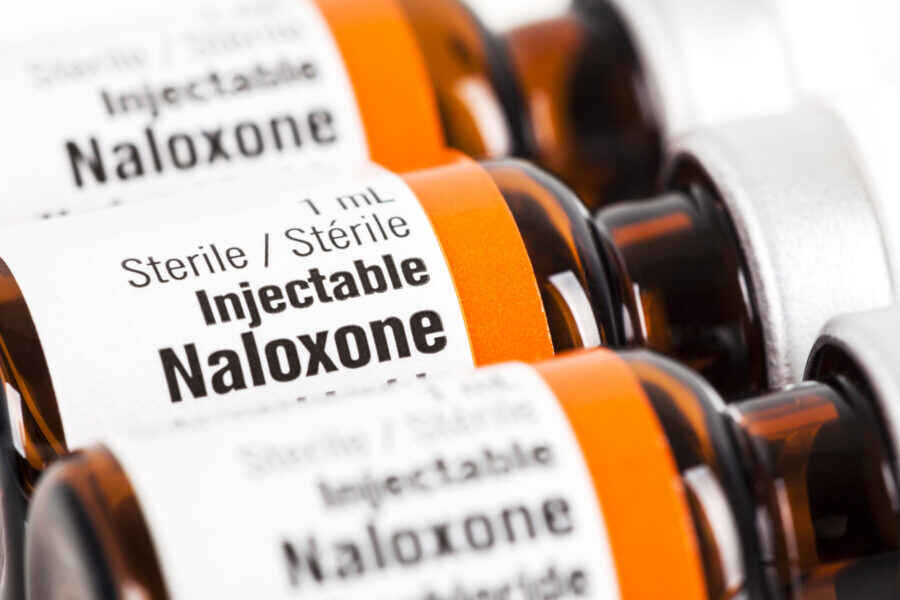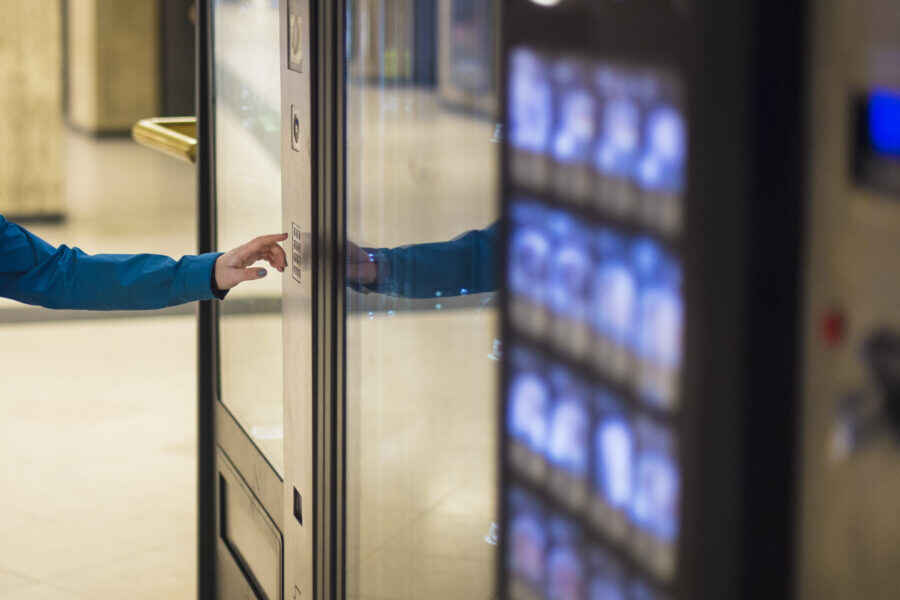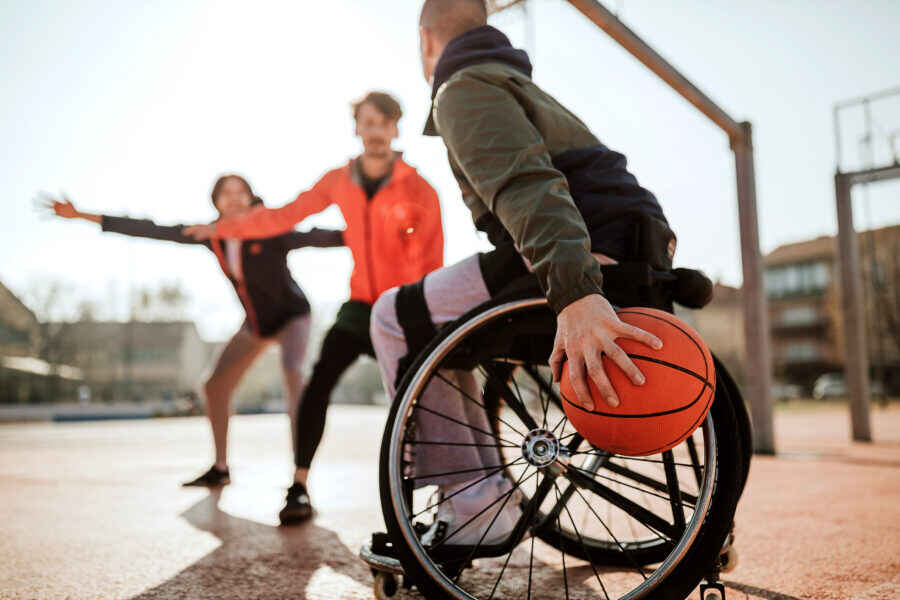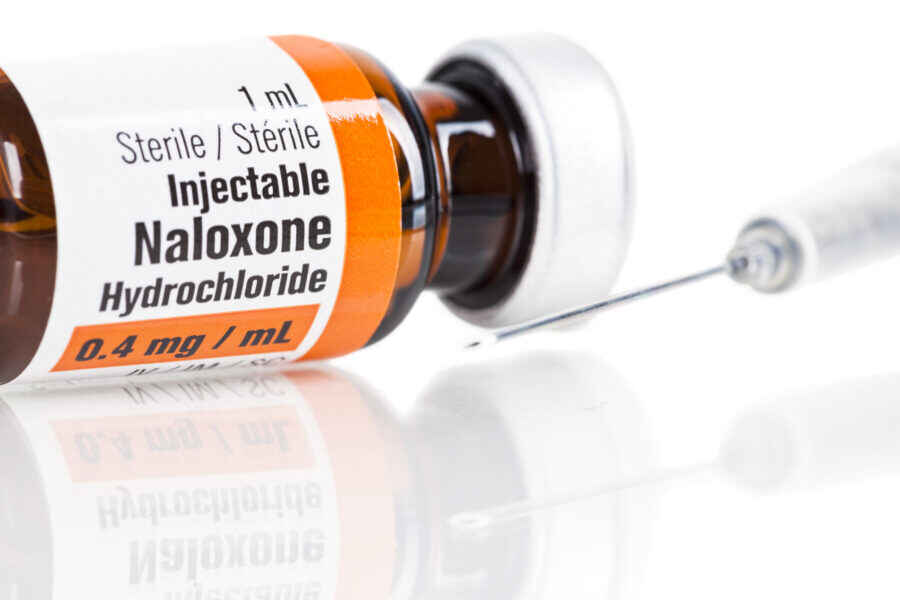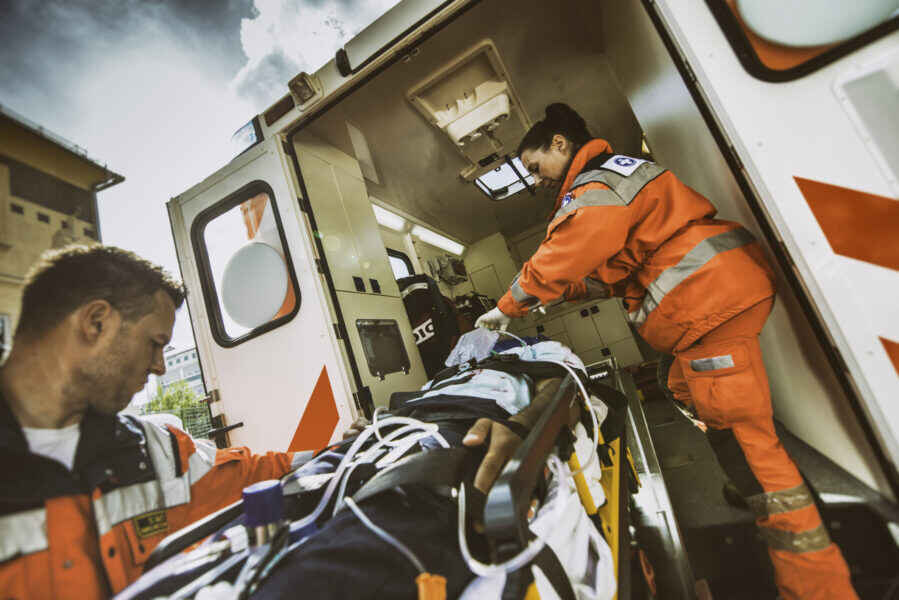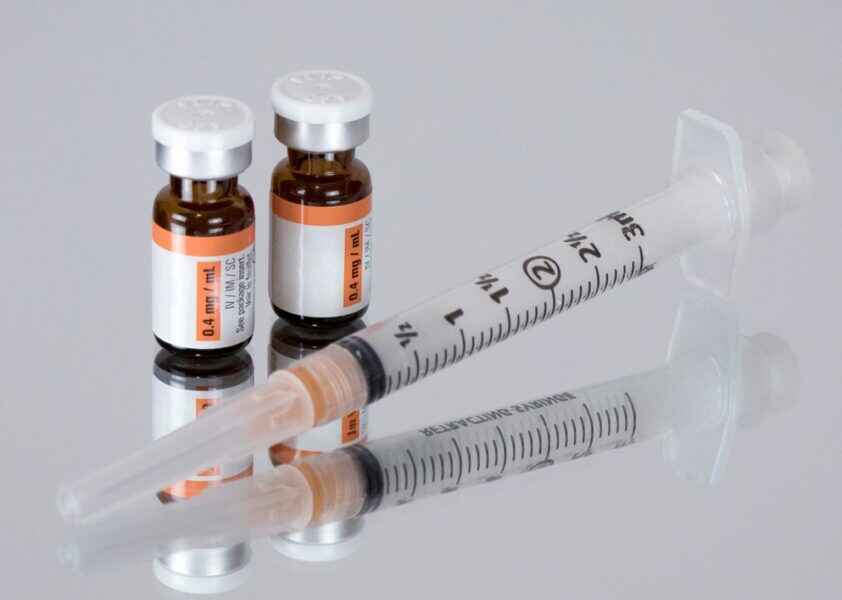
Legality of Expired Naloxone in Tennessee
Fact SheetHarm Reduction Legal ProjectHarm Reduction Legal Project ResourcesOpioid Misuse and Overdose PreventionTennesseeAll 50 states and the District of Columbia have modified their laws to increase access to naloxone, the standard first-line treatment for opioid overdose. While these laws have been successful in increasing access to this lifesaving medication, few explicitly address the legality of distributing and administering naloxone that is past its expiration date. This fact sheet discusses whether Tennessee laws forbid the prescription, dispensing, distribution, possession, or administration of expired naloxone and whether medical professionals and others who take such actions might be held liable.

